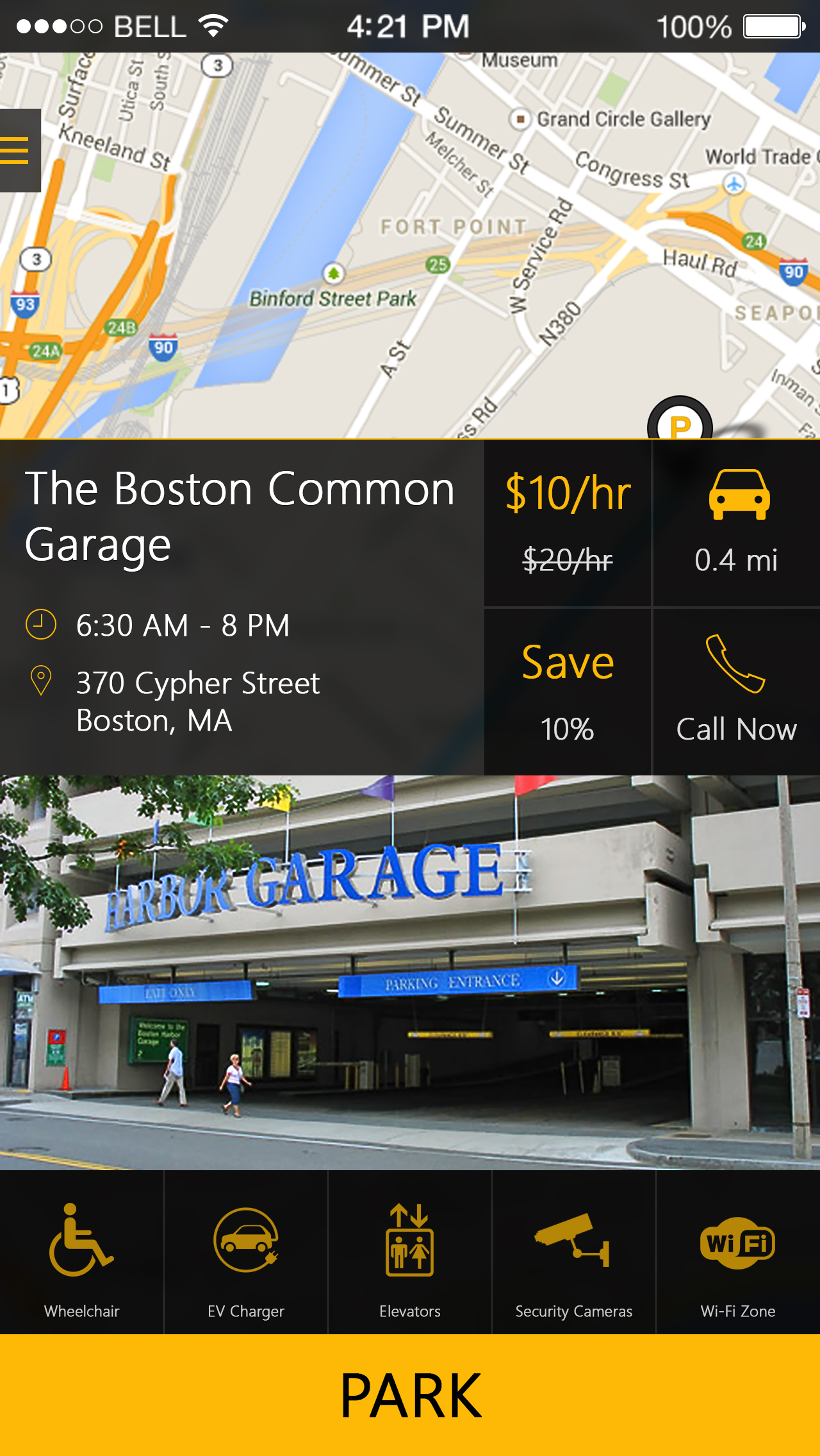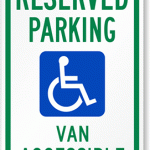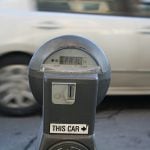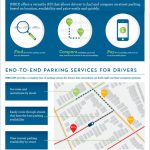Q&A: Jonathan Corbin, founder of parking app Veer

Veer expects that its UI improvements are going to put it in competitors’ crosshairs – but not before it helps a whole bunch of drivers find a spot efficiently and easily.
Launched in December 2014, parking app Veer helps Boston drivers find the cheapest, closest parking space available. We talked with co-founder Jonathan Corbin about what sets Veer apart, how he first sourced parking garage information (spoiler: it involved a lot of walking!) and how technology is saving drivers time… and trips around the block.
When and how did you first begin developing Veer?
My co-founder Aaron Kolenda and I started developing Veer almost a year ago, after constantly struggling to find parking in Boston. We would circle multiple city blocks looking for open street parking before realizing that we were 15 minutes late and pulling into the garage nearest to our destination. Once we would arrive at our destination we would commiserate with our other friends who also drove. The conversations always concluded that there must be a better, more efficient way to find parking. We decided to stop complaining about finding parking and started looking into finding out more about the parking industry and how it worked.
We started talking to parking industry professionals and consultants to find out more about operating a parking lot or garage and what they struggled with. As we delved into the parking operations side, we also had conversations on the consumer side to find out what pain-points other people had with parking.
What we discovered is that there is no easy method of locating off-street parking; the price charts are confusing and not always visible before pulling into a garage, and there is no easy way to find out if a garage or lot has space available without driving there to find out.
In order to solve these problems, we had to collect data on the location of each garage, their pricing, and operating hours by walking up and down every street in Boston (which is where we are launching first), finding each garage or lot, and recording all of the information needed to aggregate the data and streamline the parking experience.
We have not yet started raising funding. Thanks to our previous employment and previous background we were able to self-fund and participate in the development and and design.
What sets Veer apart from other apps?
Veer offers a unique user experience and is designed as mobile first. Our thought process throughout the design process was to minimize the number of interactions that users have with Veer to find the closest, cheapest parking spot. The focus is on consumers: We provide drivers with the best option for them to park rather than offering them information on a garage that we are partnered with, like other parking apps.
Other apps arbitrage the difference between monthly spots and hourly rates and force users to make reservations in advance and print out pieces of paper. None of those options are easy for drivers. We are streamlining the parking experience for drivers and helping parking operators fill empty spots.
Do parking apps face certain challenges in terms of user interface?
The more prominent parking apps out right now were designed for web first, to pre-book or reserve spots in advance. They were not designed for drivers, in their cars, trying to find a place to park their car quickly. When you open the majority of the apps, they show you a bunch of pins on a map that mean absolutely nothing. It’s incredibly difficult to use most of the current apps to find a parking spot. Once you do manage to find a spot to park in the sea of pins, the process of trying to reserve [the space] requires that you dedicate 15 minutes to reading an exhaustive manual on how to find the spot, and then you might have to go find a printer to print something out. I would expect that our competitors will quickly try to copy our easy-to-use intuitive interface.
Where do you source your data? How do you keep it up-to-date?
There are two ways that we maintain accurate rate information and availability. We have an incredibly dedicated fan base that is passionate about making sure that the rates and parking availability are up-to-date. Veer allows our users to self-report on any issues that they have with the parking garages they visit, and we have a team that looks into those issues. We’ve discovered that the only way to obtain and maintain accurate data outside of our users is to have a team dedicated to manually sourcing the information.
Do you plan to expand to other markets in the future?
We have a couple of cities targeted for expansion, and you can expect to hear more about those this summer. There has been incredible demand for us to launch in other major urban cities, and we are looking forward to helping drivers in other cities solve their parking problems.
What does the future hold for parking apps?
The parking industry is ready for change. If you look at other previously un-optimized markets, there has been technology that has evolved to improve the user experience. Yelp has changed how we find restaurants. OpenTable changed how we reserve tables. Uber changed how we find a car or a taxi. Hotel Tonight changed how hotels move their unused inventory, and Kayak changed how we find flights. Parking is something that consumers want to be improved. I haven’t met a single person that hasn’t begged me to “fix parking.” The future of parking is a completely seamless experience, with GPS and car communicating with Veer to take you automatically to the garage near your destination.
Related Posts
Category: Parking Tech

















